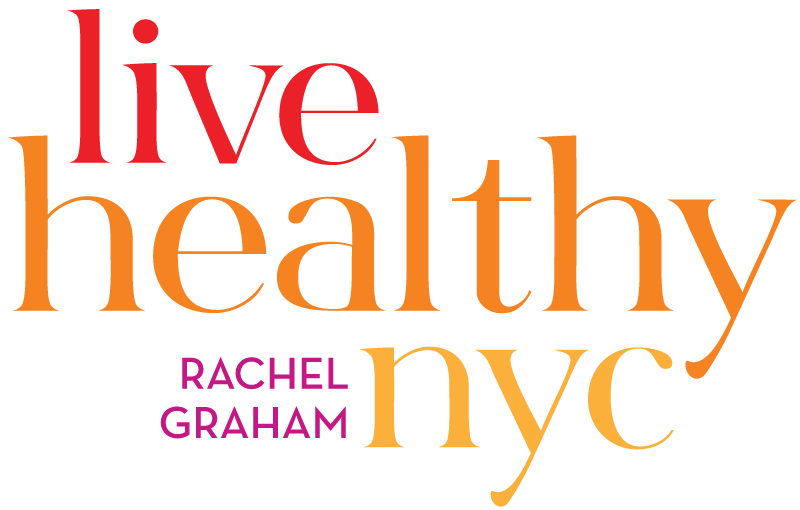I often take a "lay down," a term my mother-in-law coined to describe downtime. For me, it means taking time for myself. During this time, I don't answer the phone, scroll through social media, watch movies, or leave my bed or couch. Instead, I read a chapter in a novel, sections of the newspaper I've flagged, or write in my journal. Sometimes, I even close my eyes. It's a time for me to REST.
About 2 years ago, when my back started giving me problems, making it uncomfortable to sit or stand, I realized that lying down became my only physical comfort. Since my surgery almost five months ago, I've found that if I don't take time to rest between activities, I'm of no use to myself.
We all feel this need to “do”. Our “to do lists” are long! We are stretched thin with work, social engagements, our homes and taking care of our families and friends, that we find ourselves to be in constant motion. And how often do you wish you had more hours in the day because you feel like you can never catch up. And the idea to stop and rest? Usually not in our vocab! But, REST is undervalued; we often think that not doing something equates to being lazy. Actually, I have found that the art of “resting” is more challenging than the act of “doing”.
One way to break the cycle is to not keep doing. It’s not to do more and work harder, it’s to stop and rest. There is power and momentum that builds in the rest period. True restorative rest is when we pause and get off the treadmill of life. It’s about finding space where you can pour energy into yourself so you can get ready for the next step. It’s the recalibration period that makes rest so valuable.
Rest is a crucial component of a balanced and healthy life, playing a vital role in reinvigorating both the mind and body. Rest isn't limited to sleep. It can take various forms, including:
Physical Rest: Activities like gentle stretching, yoga, or simply lying down can help alleviate physical strain.
Mental Rest: Engaging in activities that relax the mind, such as reading, meditation, or spending time in nature, can provide mental rejuvenation.
Social Rest: Spending time with family, friends or enjoying solitude can fulfill your social needs and provide emotional support.
Creative Rest: Allowing yourself time to engage in creative activities without pressure can refresh your creative faculties.
Rest is not a luxury or an indulgence; it is a necessity for maintaining optimal health and performance. Recognizing the importance of rest and incorporating it into your daily routine can lead to a more balanced, productive, and fulfilling life. So, the next time you feel the need to rest, remember that you are not being lazy—you are investing in your well-being and future success.
As a licensed Clinical Behavioral Therapist and an Intuitve Eating Counselor, if I can help you to understand your feelings, learn how to rest, learn how to feel better about yourself and make positive changes, feel free to contact me at rachel@livehealthynyc.com

